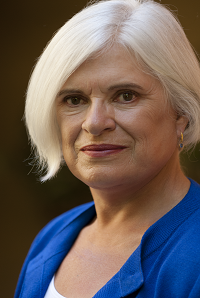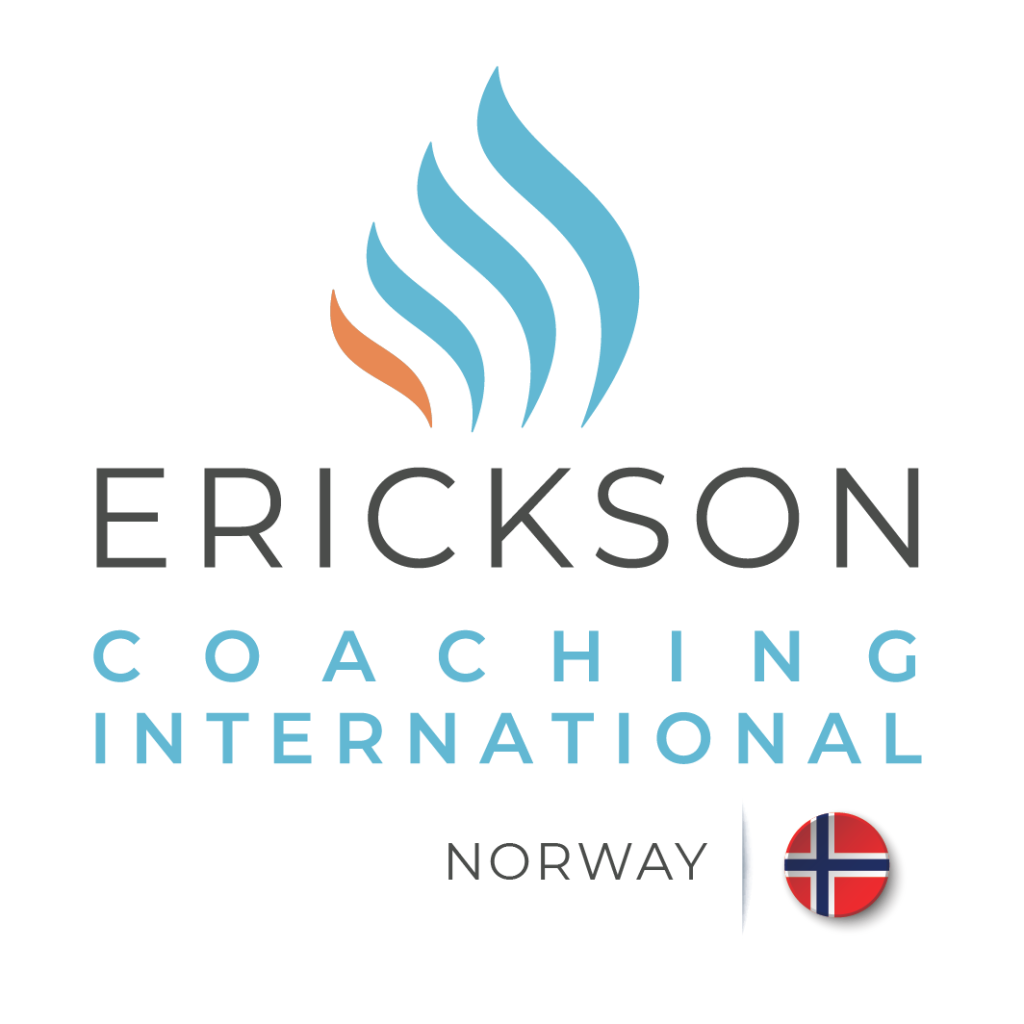Coachingens ukjente historie
© Vikki Brock www.vikkibrock.com EMCC Dublin, Ireland
Her kommer oversettelse av tektsen til Vikki, i hvertfall deler av den med link tilbake til hennes hjemmeside.
History was, today is, and tomorrow will be. The secret (or unknown) history of coaching is about the living history of coaching. Many coaches don’t understand the rich and eclect ic history of coaching, seeing it, wrongly, as having sprung up in the 1980s or 90s. In fact its roots go much farther back, some say to before Socrates.
From the success merchants of the 1920s, to humanistic and transpersonal psychology of the 1960s, through the Human Potent ial Movement of the 1970s and into halls of business in the 1980s – coaching defies all attempts at definition and containment.
Coaching emerged during the postmodern period of the late twentieth century, born of a rapidly changing socioeconomic environment and nourished by the root disciplines of psychology, business, sports, and adult education.

Now, a pproximately twenty years later, as we look forward to the professional challenges the field is facing today, we can benefit from the perspective we have gained on its short but explosive history. That history, characterized by the interaction between and the cross-disciplinary de velopment of its root disciplines, is further complicated by the generational differences and varying professional backgrounds of its originators, as well as the changing so cioeconomic conditions of the period. In an attempt to understand coaching’s complex, dynamic history, and the ways in which that history informs the professional challenges the field faces today, my research focused on the influences of each of the relevant root disciplin es, the impact the backgr ounds of its originators had on the emerging discipline and its practices, and the socioeconomic factors that led to the emergence of coaching as a distinct discipline in the late 20th cent ury. In so doing, my research also attempts to distinguish the differences between the practical tools and the theoretical models drawn from coaching’s ro ot disciplines, the ways in which those tools and models are used by today’s coaches, and the ways in which they might be used by the coaches of tomorrow, given the constant socioeconomi c evolution of the world around us. I began my research into the history of coaching as part of a Ph.D. dissertation in June 2006. I was awarded my Ph.D. in June 2008, and have been authoring a Sourcebook of Coaching History for the last 2.5 years. The diffi culty in this task is that hi story is living and constantly changing – and the field is still expanding exponentially.
Mission
The wise man therefore always holds in these matters to this principle of selection: he rejects pleasures to secure other greater pleasures, or else he endures pains to avoid worse pains.
